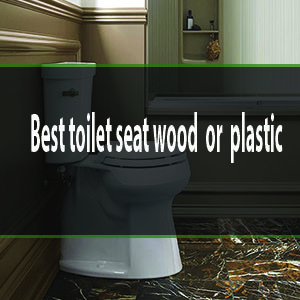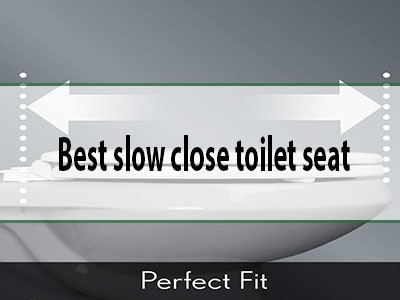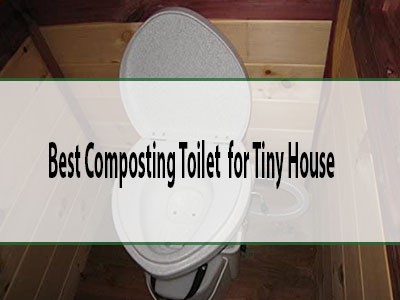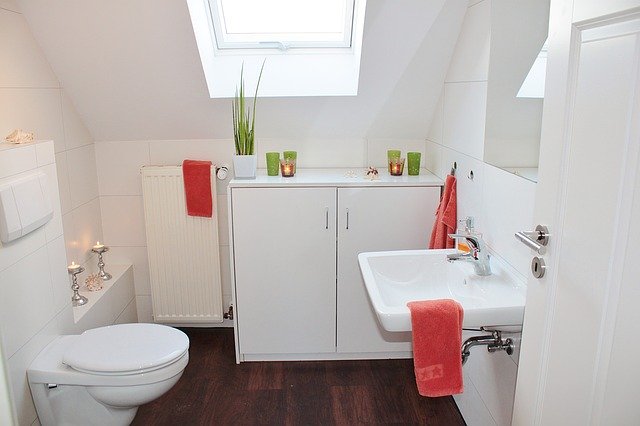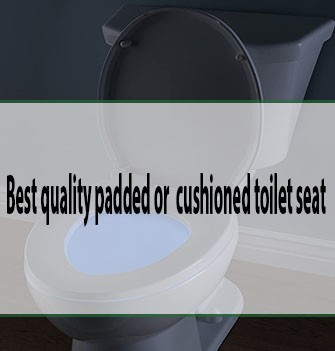Imagine stepping into a space where comfort meets simplicity. Traditional toilets might not boast the high-tech features of modern designs, but they offer a range of benefits that might surprise you.
Have you ever considered why these time-tested fixtures remain a staple in so many homes? By the end of this article, you’ll discover the hidden advantages that could make a traditional toilet the perfect choice for your bathroom. From cost-effectiveness to ease of use, you’ll see why sticking with the classics might be just what you need.
Ready to find out how a traditional toilet can fit seamlessly into your life? Let’s dive in and explore these surprising benefits together.
Table of Contents
Cultural Significance
Traditional toilets are part of many cultures. They reflect history and tradition. These toilets are seen in homes and public places. Many people feel they are more comfortable and natural. They are often easy to use.
Squatting is common in traditional toilets. It is how people relieve themselves. This position is believed to be healthier. It helps in digestion and bowel movement. Some doctors agree with this idea.
Old buildings often have these toilets. They are important to keep culture alive. Many countries still use them. They are part of daily life. Their design is often simple yet effective.

Credit: koalacooling.com
Durability And Longevity
Traditional toilets are known for their strong build. They last a long time. They are made from solid materials. This includes ceramics and metals. These materials are hard to break. A good toilet can work well for years. It can handle heavy use without problems.
Parts of a traditional toilet are easy to find. If something breaks, you can fix it. This makes them cost-effective. You save money in the long run. No need for frequent replacements. This is why many people choose traditional toilets. They are a smart choice for homes.
Water Efficiency
Traditional toilets use less water. This helps save water resources. Older toilets may use more water. Yet, newer models are better. They use less than 1.6 gallons per flush. This is important for conserving water. Also, it reduces water bills. People in dry places need this. Saving water helps the planet too. Many people like these toilets. They are simple and effective. Plus, they are reliable.
Fixing them is easy. Parts are available everywhere. This makes them cost-effective. Many homes already have them. So, no big change is needed. Just some small updates can help. This makes them a good choice for many.
Ease Of Maintenance
Traditional toilets are easy to clean. They have simple parts. This means fewer things can break. Repairs are usually quick and cheap. Cleaning them is simple. Most people can do it themselves. Replacement parts are easy to find. Stores have them. Installation does not need special skills. It’s straightforward. Regular upkeep keeps them working well. This saves money.
Water usage in traditional toilets is often less. This is good for the environment. They are made to last. Durability is a key feature. They don’t need much attention. Reliability is high. They work even in tough conditions. Families trust them for years.
Affordability
Traditional toilets are often more affordable than modern options. They have a simple design. This keeps costs down. Installation is also easier and cheaper. You don’t need special parts. Most plumbers can fix them quickly. This saves money on repairs.
Many people choose traditional toilets for their homes. They find them budget-friendly. These toilets last a long time. You won’t have to replace them often. The cost savings add up over time. Families can use the savings for other needs.

Credit: ortonbaths.com
Environmental Impact
Traditional toilets use less water. This helps save water resources. A standard toilet uses about 1.6 gallons per flush. Older toilets might use up to 5 gallons. Newer ones are more efficient, but traditional ones still work well.
Less water use means less energy needed. Water treatment and delivery need energy. Using less water can help reduce energy use. This is good for the environment.
Materials for traditional toilets are simple. Porcelain is common. It is easy to recycle. Recycling helps reduce waste.
Maintaining a traditional toilet is easy. They often last a long time. This reduces the need for new materials. Long-lasting products are better for the planet.
Universal Design
Traditional toilets fit many bathrooms. They offer a familiar design. Most people know how to use them. This makes them a good choice for homes and public places. Simple shapes and sizes help with fitting in any space. Many people prefer them for their ease of use.
These toilets are often made with durable materials. They last a long time. This makes them a smart choice for families. Many traditional toilets are easy to clean. Cleaning is important for health. This adds to their appeal.

Credit: microbialogic.com
Space Efficiency
Traditional toilets are compact and fit in small bathrooms. They take up less room compared to modern toilets. This means you can have more space for other things. Less space means more room for your sink or shower. You can also add storage shelves or cabinets. Small bathrooms feel bigger and more open. A traditional toilet is a smart choice for tiny homes. It makes sure every inch is used wisely. This helps in keeping the bathroom neat and clean. Traditional toilets are also easy to install in tight spaces. They work well in old houses with small bathrooms.
Health Benefits
Traditional toilets can improve digestive health. Squatting helps the body to align better. This position may make it easier to pass waste. It can reduce strain and help prevent constipation.
Using these toilets might also aid in muscle strength. Squatting requires leg and core muscles to work. Over time, this can lead to stronger muscles.
Some experts believe that traditional toilets can lower the risk of colon problems. The squatting posture may help the colon to empty more fully. This can lead to fewer health issues related to the colon.
Adaptability
Traditional toilets can be used by many people. They work well in different places. You can find them in homes, schools, and offices. These toilets are easy to fix. Plumbers know how to repair them. This makes them a safe choice. Traditional toilets fit in small or large spaces. They don’t need special parts to work. This keeps them simple and reliable. Most people know how to use them. So, there is no need for special training. This makes life easier for everyone.
Frequently Asked Questions
What Benefits Do Traditional Toilets Offer?
Traditional toilets are durable, cost-effective, and easy to maintain. They feature straightforward designs, which make repairs simpler. Additionally, they fit into various bathroom styles, providing versatility. Their water usage is often efficient, contributing to environmental sustainability. These advantages make them a popular choice in many homes.
Are Traditional Toilets Environmentally Friendly?
Yes, traditional toilets can be environmentally friendly. Many models use water efficiently, reducing waste. They often incorporate features that minimize water consumption. This helps conserve resources and supports eco-friendly living. Choosing a model with water-saving technology further enhances their environmental benefits.
How Do Traditional Toilets Compare In Cost?
Traditional toilets generally cost less than modern alternatives. Their simple design reduces manufacturing expenses. This makes them affordable for many households. Additionally, they often require less expensive repairs and parts. This cost-effectiveness is a key advantage over more complex toilet designs.
Do Traditional Toilets Require Special Maintenance?
Traditional toilets are relatively easy to maintain. Their straightforward design simplifies cleaning and repairs. Routine tasks like unclogging or replacing parts are manageable. Regular maintenance ensures longevity and efficiency. This simplicity in upkeep appeals to homeowners seeking hassle-free bathroom solutions.
Conclusion
Traditional toilets offer many benefits for homes and public spaces. Their durability ensures long-term use without frequent repairs. Easy maintenance saves time and effort. They fit well in various bathroom designs, offering flexibility in style choices. Water-efficient models reduce consumption, lowering bills and conserving resources.
Comfort is a key feature, providing a pleasant experience. These toilets are widely available, making replacements simple. Their reliable flushing systems prevent clogs and messes. Choosing a traditional toilet combines practicality with efficiency. Consider these advantages for a wise bathroom upgrade.


